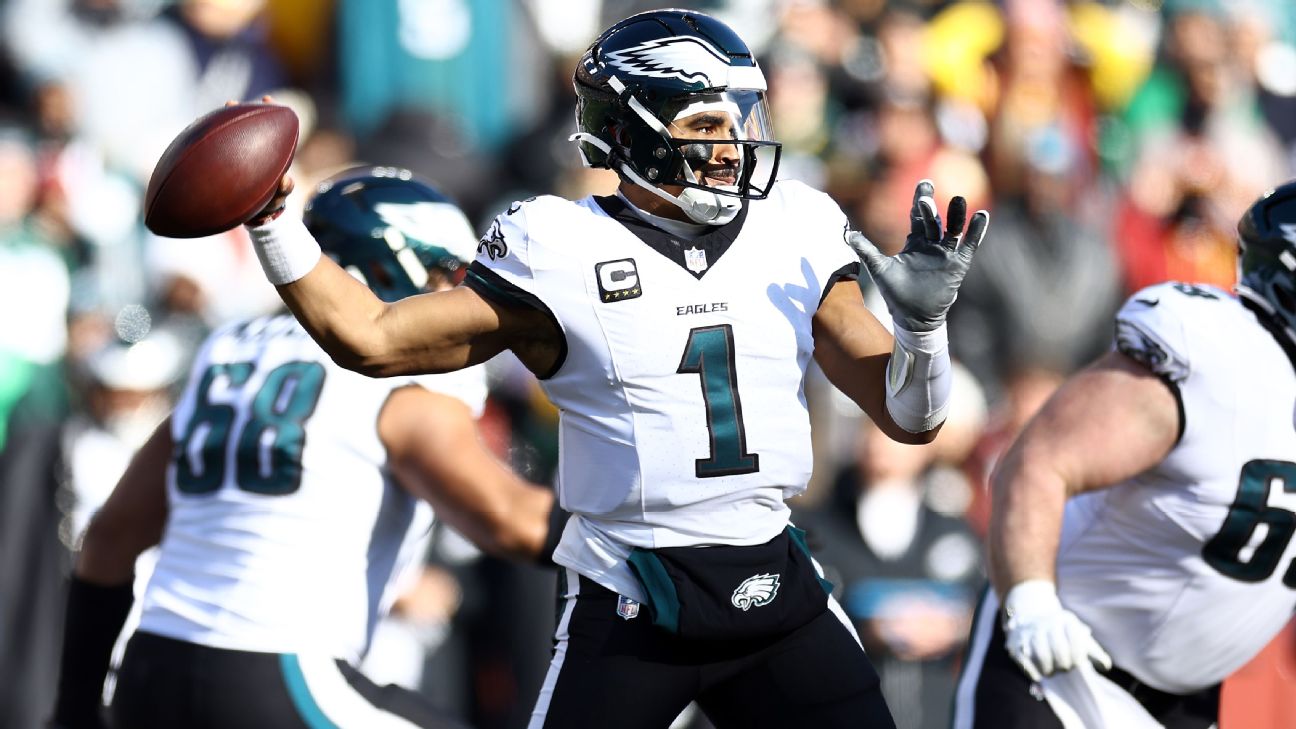Protests rage on as Philadelphia mayor announces diverse steering committee
PHILADELPHIA (WPVI) -- Large protests over police treatment of black people arose in Pittsburgh, Philadelphia and Bethlehem on Thursday, a day before some pandemic-related restrictions will end in Philadelphia and its suburbs.
Marchers wove their way through Pittsburgh before they stopped for a "die-in," when hundreds imitated dead bodies by laying down on a street outside the county jail.
Demonstrators paused at times to take a knee during a long walk that brought a mass of people to the Philadelphia Museum of Art.
A thousand or more people packed a downtown area in Bethlehem, chanting "black lives matter" and hearing speakers urge them to continue to push for change.
The widespread demonstrations over the death of George Floyd, pinned down by a now-former Minnesota police officer with a knee to his throat, were expected to occur again in Philadelphia as well.
Philadelphia Mayor Jim Kenney said protests will continue as long as they need to.
"This has been a long time coming in this country," said Kenney, a Democrat.
Protesters have vowed to keep going until they see change.
"After we came out in numbers the Frank Rizzo statue got taken off. The other officers got arrested. Now we're still here because the fight isn't over," said Golan Perry.
During the protests Thursday, we witnessed a die-in at the Art Museum.
The crowd laid on the ground for the amount of time Floyd had a knee pinned to his neck: 8 minutes and 46 seconds.
Jeremiah Butler says he hopes the protests continues. He fears, like so many times before , things will go back to normal and it'll eventually be forgotten.
"I wished more people were out here," said Butler.
During these last few days, we've heard so many talk about others issues as well.
A doctor at City Hall said health care certainly isn't equal.
"We certainly see worse health outcomes for people of African American dissent, for people who are non-white," said Dr. Andy Margules.
During a news conference on Thursday, Kenney announced the creation of a large and diverse steering committee to help move the city to a place of understanding and healing.

Kenney said the group will be "focused on the long term" reconciliation, understanding and listening.
"It has become increasingly clear to me that our administration and many public servants, including me, need to find a better way to listen," Kenney said in a tweet.
National Guard troops were again stationed outside government buildings downtown, and Kenney said he was glad for their presence. They have helped free police for pressing matters of law enforcement, he said.
A Pennsylvania National Guard spokesman said 2,500 guardsmen were activated under a disaster declaration by Gov. Tom Wolf five days ago. More than 2,000 are in the Philadelphia region.
"We're going around trying to reassure people we're doing our best, and that we care about them and want to keep them safe," Kenney said as he toured a neighborhood with the police commissioner. He vowed to convene a group to address criminal justice improvements, focusing on reconciliation.
In Harrisburg, Wolf announced a plan to address police misconduct, including the designation of a new deputy inspector general and appointment of an advisory commission to address problems within the law enforcement operations under his jurisdiction.
The governor said he will direct police training academies to improve instruction about how force is used and how to interact with the people they protect.
Wolf also wants lawmakers to pass laws to provide better access to police videos, improve police training and authorize special prosecutors for cases of deadly assault. Three years ago, Wolf signed a bill exempting police audio and video recordings from the state public-records law and giving police discretion over when to refuse to provide copies to people.
Bills to improve police procedures, proposed after a Pittsburgh jury acquitted an officer of homicide last year in a black teenager's death, have languished in the Republican-controlled Legislature.
Several Pittsburgh-area Democratic state lawmakers pressed House GOP leaders on Thursday to advance proposals on deadly force and on investigations and punishment of police.
Floyd, a black man, was in handcuffs when a white police officer was caught on video pressing a knee into his neck even after he had stopped breathing. The now-fired officer, Derek Chauvin, faces a charge of second-degree murder, and three other officers are accused of aiding and abetting.
Philadelphia eased some of the restrictions that have locked down the city for months. The city and surrounding counties moved Friday from the most restrictive "red" guidelines - including stay-at-home orders - to "yellow" rules under the state's stoplight-colored reopening system.
In the yellow zone, many businesses can reopen and restaurants may offer takeout. But outdoor dining at restaurants will not be allowed, as is normally the case in yellow zones. Gatherings are limited to 25 people, and some personal care services, including hair care and gyms, are not allowed.







